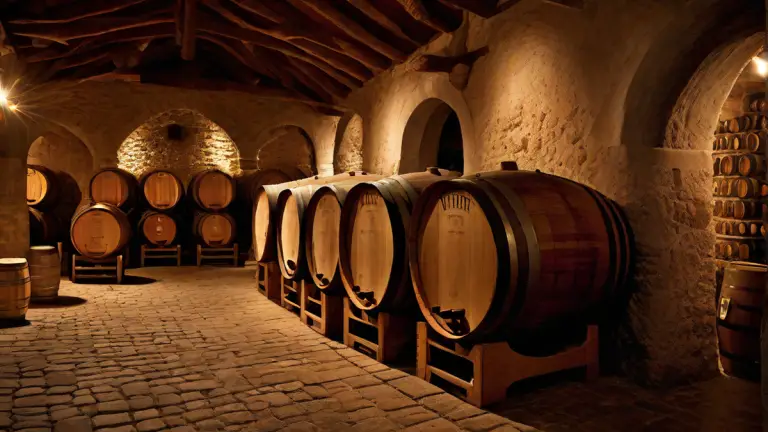Have you ever pondered the reason behind your once delightful bottle of wine now tasting like vinegar? As someone who appreciates wine, I have encountered this disheartening transformation on multiple occasions. It appears that the process of wine turning into vinegar, called acetic fermentation, is a captivating event involving the activity of Acetobacter bacteria.
Acetobacters are naturally present in the air, and they thrive in the presence of oxygen. When a bottle of wine is exposed to air, whether through a faulty cork or prolonged storage after opening, these bacteria can infiltrate the wine and begin their work. As an assistant in the wine industry, I’ve come to understand that certain factors can accelerate this process.
The first factor is temperature. If a bottle of wine is stored in a warm environment, the activity of the Acetobacters is heightened, leading to a quicker transformation into vinegar. This is why it’s crucial to store wine in a cool and dark place, away from any fluctuation in temperature.
The second factor is the presence of residual sugar in the wine. Acetobacters feed on sugars and convert them into acetic acid, which gives vinegar its sour taste. If a wine has a higher level of residual sugar, it provides an ample food source for the bacteria, increasing the likelihood of the wine turning into vinegar.
Another important element in the acetic fermentation process is oxygen. As a wine enthusiast, I’ve learned that exposure to oxygen can oxidize the wine and create an ideal environment for Acetobacters to thrive. When the oxygen interacts with the wine, it breaks down the ethanol present and produces acetic acid, resulting in that distinct vinegar taste.
Acetic fermentation can also occur if a winemaker unintentionally introduces Acetobacters during the winemaking process. If the wine is not properly sanitized or the winemaking equipment is contaminated, the bacteria can take hold and turn the wine into vinegar. This is why winemakers take great care in ensuring their equipment is clean and free from any unwanted microorganisms.
It’s important to note that not all wines are susceptible to turning into vinegar. Wines with high levels of acidity, such as many white wines, are less prone to acetic fermentation. Additionally, wines that have been properly sealed and stored in optimal conditions are less likely to undergo this transformation.
In conclusion, the process of wine turning into vinegar is a result of the activity of bacteria called Acetobacters, which feed on sugars and convert them into acetic acid. Factors such as temperature, residual sugar, and exposure to oxygen can expedite this process. As wine lovers, it’s important to store our wine properly and ensure that it remains sealed to avoid the disappointment of opening a bottle that has turned into vinegar. Cheers!




